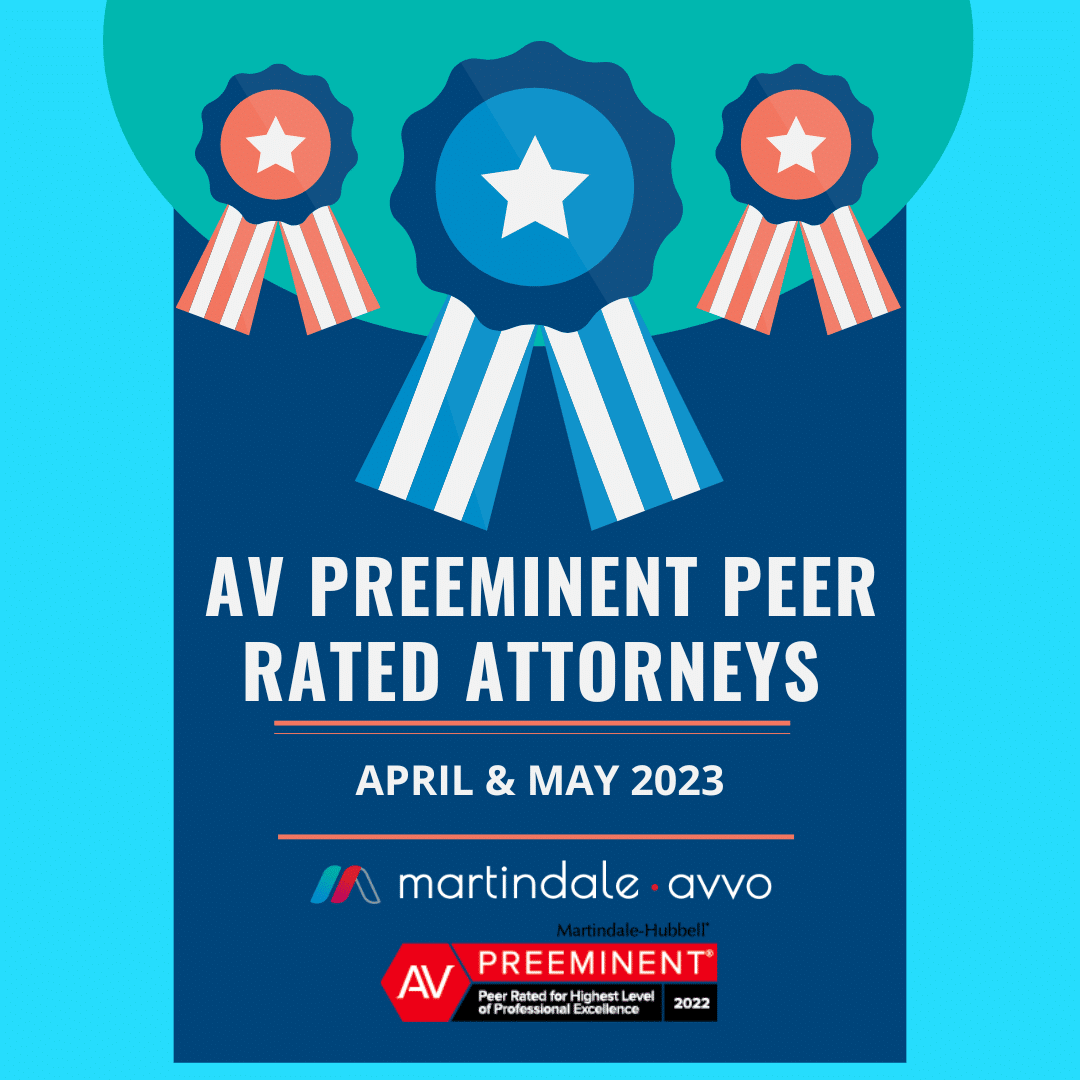Employees in this country have protections against workplace discrimination and harassment. These include protection from sexual or racial harassment, national origin, religion, age, disability, and gender (including sexual orientation) discrimination. These forms of harassment and discrimination are spelled out under Title VII, and its amendments, which is the statute enacted as a result of the Civil Rights Act of 1964.

Prior to that time, there had been other federal statutes such as §1981 and §1983 which address primarily race and national origin discrimination as well as retaliation. These sections, however, did not include gender, religion, disability, or age discrimination. As a result of the civil rights movement, the Civil Rights Act was passed, which was designed to specifically address workplace discrimination and expanded protections for employees subjected to these additional types of discrimination.
The Title VII statute empowered what is known as the Equal Employment Opportunity Commission (EEOC) and created that faction of the government whose job it is to survey and take complaints of workplace discrimination. Anyone wanting to bring a complaint and go into Federal court under those claims has to first go through the EEOC administrative process. As a federal statute, it is the same in every state and any employer who has 15 employees or more is subject to the statute.
The EEOC Filing Deadline
Title VII sets a complaint filing deadline of 180 calendar days. However, it also provides that in any state where there is a similar employment discrimination statute, such as New York, the deadline may be expanded to 300 days. With the exception of a few states like New Mexico and Georgia, every state in this country has a state-level statute against workplace discrimination. In those states that do not, the filing period is limited to the 180 days.
A complaint must be initiated when the harm takes place. You can’t have something happen two years earlier and then wait, worrying whether you are going to lose your job. That is certainly a legitimate worry, but if you choose to wait and try to raise that complaint after the 180-300 days have passed, it will be considered untimely because the statute requires you to make that complaint within 180-300 days of the occurrence of discrimination.
However, certain claims trigger the 180-300 day filing requirement after the last occurrence of discrimination where the discrimination takes place over a period of time. This type of discrimination is known as a “continuous violation.” For example, if you are a victim of sexual harassment and you were subjected to repeated, unwanted sexual advances or comments over a period of months, the clock starts running from the last act of harassment, not the first. Most employees do not know this.
If you believe you have a legitimate complaint, it is extremely important that you make use of resources like the EEOC’s website, or contact a lawyer like us to ask for information about what to do, even if you choose not to act on it at that time. Failing to act in many states leaves you high and dry, without any other protection, because either there is no state statute, or in more conservative jurisdictions like Texas, for example, the states only adopt the same 180-day rule as Title VII.
Paying attention to the EEOC deadlines is an important issue because an employee may have a very strong legal claim but if they do not act within a certain period of time, or get the information to act within a certain period of time, their claim may be completely barred leaving you with no avenue for justice.
James A. Vagnini
Partner
email: jvagnini@vkvlawyers.com










